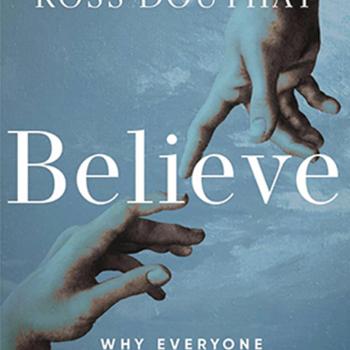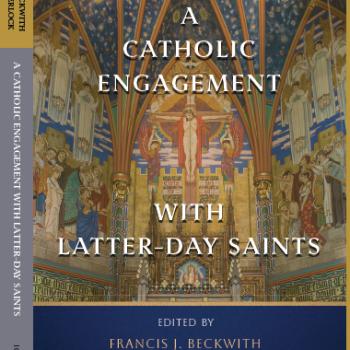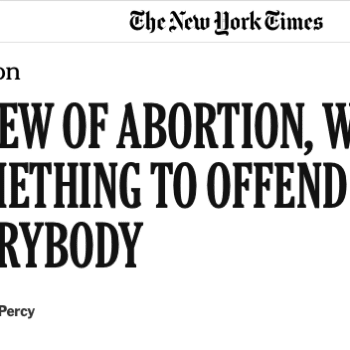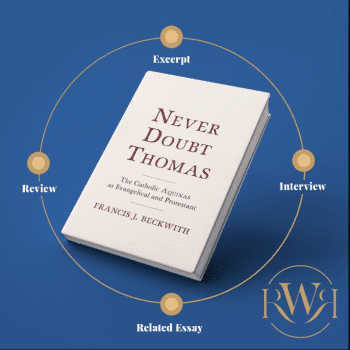Jonah Goldberg of the National Review just published an edited volume, Proud to be Right: Voices of the Next Conservative Generation (Harper, 2010). It consists of 22 chapters by young conservatives telling their stories about why they tilt right. I have not read the book, but the names of some of the contributors I know well, including the insightful Matthew Lee Anderson of Mere Orthodoxy.
There was a time when I was a young conservative. (I turn 50 in two weeks). In my book, Return to Rome: Confessions of an Evangelical Catholic (Brazos Press, 2009), I briefly recount my political change of mind–when I shifted from liberal to conservative–in my early 20s:
My parents exposed me to the importance of politics and citizenship at an early age. In the mid-1960s, they encouraged my brother James and me to watch important political events and speeches. In 1968, when I was seven years old, I distinctly remember watching and listening to Senator Robert F. Kennedy on the evening he was assassinated in Los Angeles, and seeing my parents cry when his death was announced on our television hours later. Only months earlier, Martin Luther King, Jr. had been murdered in Memphis. My parents supported the Civil Rights Movement and were diligent in making sure that my brother and I knew of Dr. King and the tragedy of his death. Although I was too young to remember the presidency of John F. Kennedy, my father made sure we listened to the late president’s 1961 inaugural address, one of the great political speeches in American history. On several occasions, my father played the recording of Kennedy’s speech on our old family turntable. As in other matters, my father also had a sense of humor about politics. When I was eight years old I asked him to explain to me the difference between communism and capitalism. He answered, “Well, son, in America, a capitalist country, some people own Cadillacs and some people don’t. But in communist countries like the Soviet Union, everyone is treated equally, and no one owns a Cadillac.”
During several months in my middle school years I would return home every afternoon to see my mother watching the Watergate Hearings, chaired by one of her heroes, Senator Sam Ervin. She always invited me to join her, which I usually did. I was fascinated by the hearings, the issues surrounding them, and the historical importance of all the figures that were participating. As I grew older and began to develop my own political opinions, my parents exhibited a level of tolerance and openness that was exemplary. While my father and I became more conservative in our views over the years, my mother remained a moderate Democrat (as she is today). However, my conservatism, ironically, developed out of my liberalism. I was taught by my parents that one of the roles of government was to protect the “little guy” and to make sure that those not well off should be given a chance to succeed and make a decent living. But in my early twenties I began to notice that self-described liberals had no interest in protecting the littlest guy of all, the unborn, and that they often advanced policies that inhibited economic growth, and thus harmed those who most needed the wealth produced by free markets, the poor and the underprivileged. So, for me, true liberalism is conservative, for it strives to protect and nurture, indeed conserve, those people, institutions, and practices that advance the common good and thus provide a framework for human flourishing.












